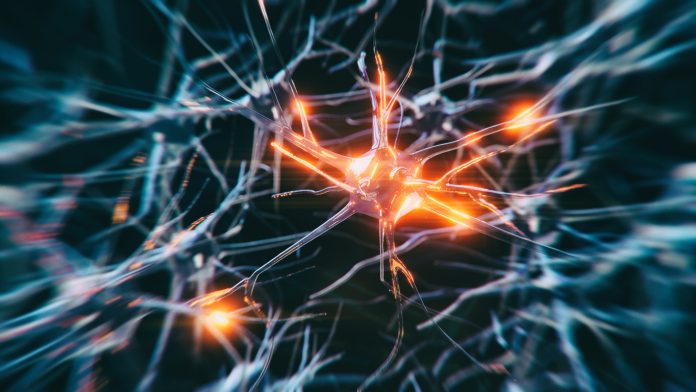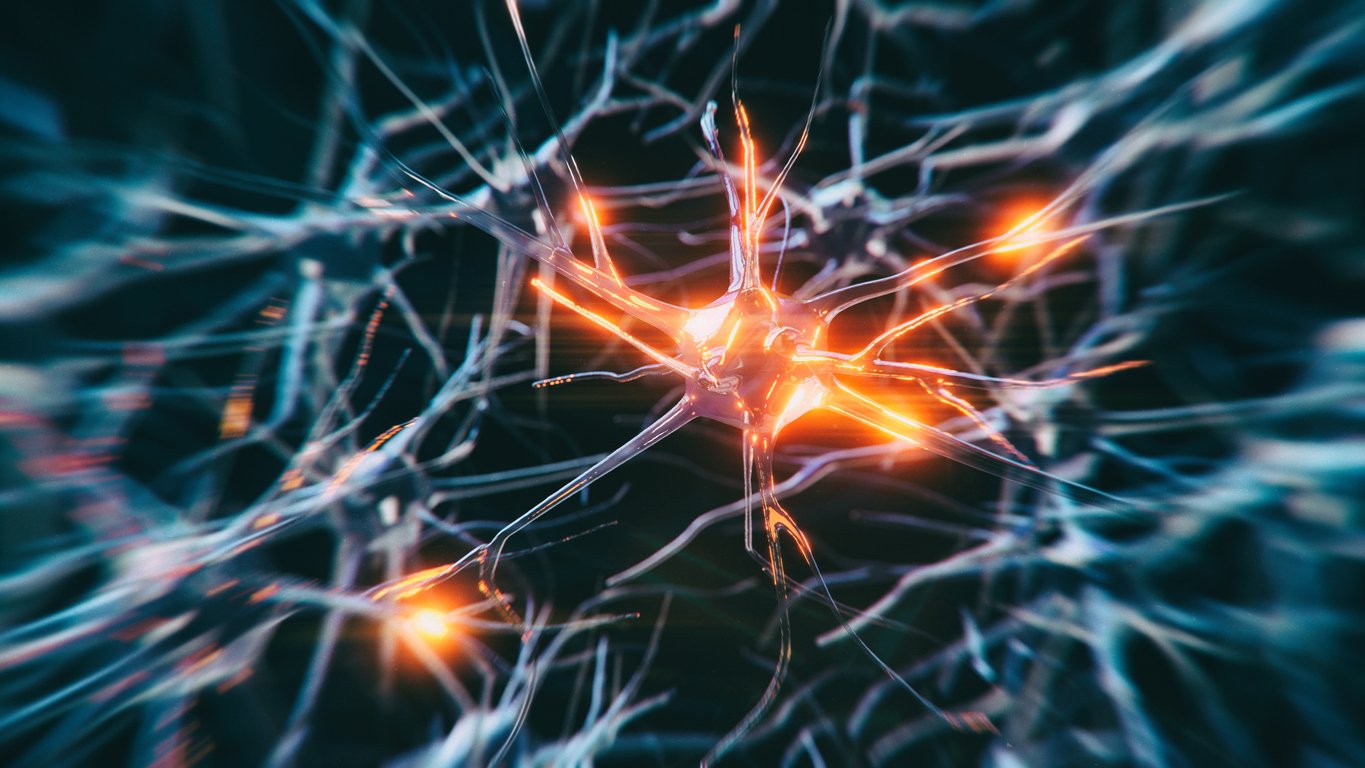
Have you ever found yourself in a situation where you wanted to scream out of frustration or anger? Well, there’s a reason why you can stay calm even on tough days
Researchers at Dartmouth College led a study investigating how the brain controls emotions. The study, published in Nature Neuroscience, shows the complex mechanisms behind our emotional responses and how to manage them.
Lead author Ke Bo, a postdoctoral fellow in Dartmouth’s Cognitive and Affective Neuroscience Institute, explains the excitement of uncovering a brain region dedicated solely to regulating emotions.
How does our mind work?
These discoveries provide new insights into the inner workings of our minds and may change the clinical application of mental health treatments. This study suggests targeting specific brain regions with stimulation to enhance control.
The researchers used computational methods to analyze the brain activity of participants exposed to emotional images. They discovered distinct areas involved in emotional regulation and how we overcome and cope with negative experiences.
This study demonstrates the role of the prefrontal cortex and other higher cortical areas in emotion regulation. These brain regions are involved in abstract thinking and long-term planning, and play an important role in restructuring our perception of difficult situations.
The study also investigated the influence of neurotransmitters such as dopamine, serotonin, and cannabinoids on emotional regulation. These chemicals, which form neurotransmissions, were found to interact with the brain’s emotional regulation system.
Targeting neurotransmitter systems to improve mental health
These findings raise further questions about the long-term effects of drugs targeting these neurotransmitter systems and their potential impact on mental health treatment.
Thor Wager, director of the Dartmouth Brain Imaging Center and lead author, shows the importance of understanding the cognitive effects of drugs in mental health treatment. This understanding may lead to more effective treatments by combining psychological interventions and pharmaceutical approaches.
There is also the possibility of treatment with psychedelic drugs that affect serotonin receptors. Combined with appropriate psychological support, these drugs may offer new ways to treat mental health disorders by changing our perception of life events and increasing our ability to self-regulate.
“It’s important to consider these connections from basic science,” Wager says. “To understand the effects of a drug, we need to understand the brain systems involved and what they do at a cognitive level.”

